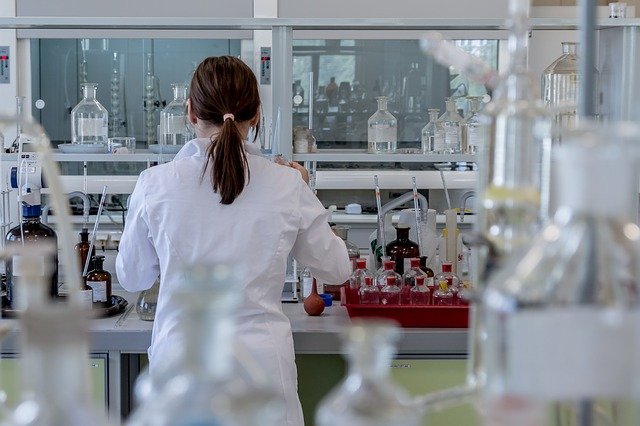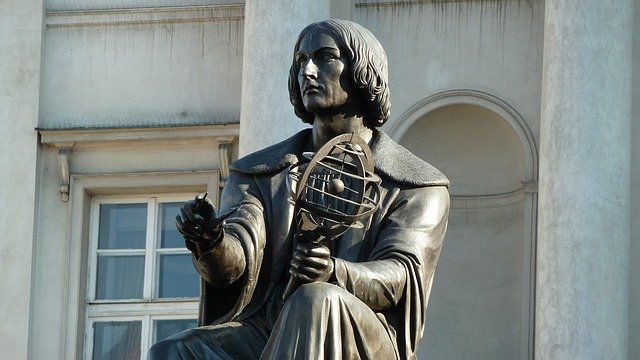
The process that led to the development of modern science is called the scientific revolution.
The idea of revolution can refer to a profound and generally abrupt modification of a structure. Scientific , meanwhile, refers to that linked to science : the set of organized and systematized knowledge that is obtained from observation and the use of reason . Each discipline based on this knowledge is also called science, from which general laws can be deduced.
With these concepts clear, we can move forward with the definition of the scientific revolution . The notion refers to the initial development of modern science , a process that took place approximately between the 16th and 17th centuries .
Some considerations about the scientific revolution
Before continuing, it is important to mention that many historians consider that a scientific revolution did not exist . According to this position, a specific moment of break or a sudden change cannot be identified since scientific progress is built little by little.
The contributions of each researcher in their time lay the foundations for future discoveries and advances. Therefore, it would not be necessary to speak of a “revolution” that changes what preceded it, but rather the process can be understood as a continuous evolution that has certain milestones.

It is often indicated that Copernicus carried out a scientific revolution by postulating and defending heliocentrism.
Main features
Accepting the existence of a scientific revolution, at least in order to facilitate the understanding of historical development, it should be noted that modern science is called that which began to be forged with the implementation of the scientific method .
In this framework, the scientific revolution involves the creation of this scientific method, which marked a departure from the principles in force since Ancient Greece . With these changes, science gained reliability by being based on demonstrable criteria in an objective, exact or rational way.
It can be indicated that the scientific method is based on systematic observations and measurements that make the development of hypotheses possible. It is, therefore, a methodology that is considered valid for the production of knowledge.
The results produced by the application of the scientific method can be repeated, reproduced and reviewed . It can be understood that this system led to a scientific revolution, although logically it did not occur overnight.
Other scientific revolutions
Although we usually talk about the scientific revolution to name this evolution that made the birth of modern science possible, there were other achievements and advances that are sometimes mentioned as revolutions.
In the 16th century , for example, the Copernican revolution or astronomical revolution took place. In this case, the innovation took shape with the work of Nicholas Copernicus , who postulated the heliocentric model that places the sun as the center of the universe . This model, in any case, had already been suggested by other thinkers further back in time.
The dissemination of the theory on the origin of species that Charles Darwin presented in the 19th century is also designated as a scientific revolution. At the beginning of the 20th century , in turn, Albert Einstein promoted a scientific revolution in physics with his theory of relativity .
In short, it can be considered that a scientific revolution occurs when innovative ideas are accepted or demonstrated that imply a profound change with respect to current paradigms. In other words: these revolutions provide a different view of reality.
